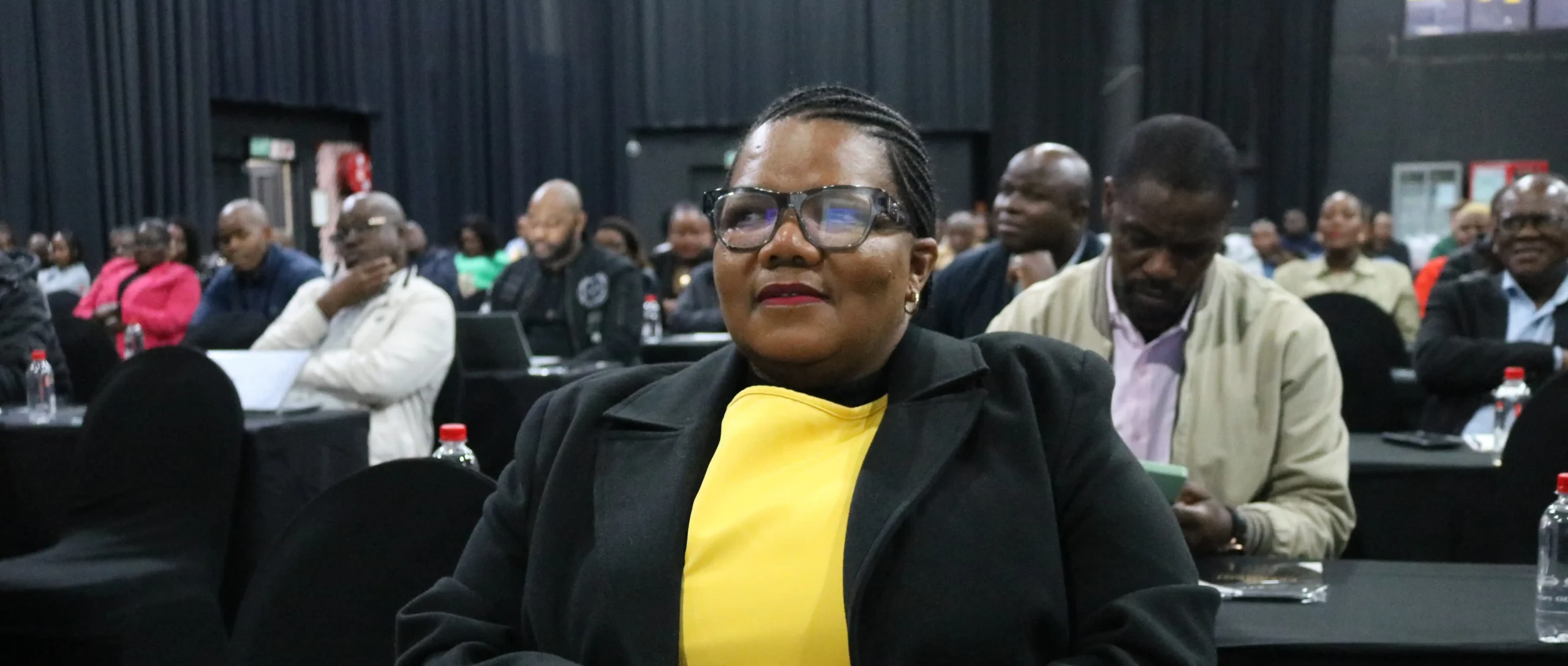SECUNDA: The MEC for Agriculture, Rural Development, Land and Environmental Affairs (DARDLEA), Ms Nompumelelo Hlophe, has called on Extension Officers and Agricultural Advisors to strengthen their service to farmers in response to the mounting challenges posed by climate change and the growing demand for food security in Mpumalanga.
Speaking at the annual Provincial Extension Summit held at Graceland Hotel and Casino in Secunda, MEC Hlophe stressed the pivotal role of extension practitioners as “foot soldiers” on the frontline of food production. This year’s summit, themed “The Effects of Climate Change on Sustainable Agriculture and Food Security”, focused on the evolving needs of agriculture in an era of climate uncertainty and the role of innovation and quality advisory services in safeguarding food systems.
“You need to improve your level of service and stay abreast of the latest developments and challenges in extension. We depend on your innovative thinking and dedication to ensure Mpumalanga continues to lead in food production,” Hlophe urged the delegates.
The MEC’s remarks come at a crucial time as farmers across the province battle unpredictable weather patterns, extended droughts, and soil degradation—hallmarks of the climate crisis. According to agricultural experts, these challenges have already begun to impact productivity, forcing the sector to embrace adaptive strategies.
Hlophe emphasized that the province’s ability to remain a food basket hinges on the agility and expertise of its extension staff. “Your direct interaction with farmers is key in the fight against hunger and poverty. Through your advisory role, you influence the very foundation of our food security,” she added.
Head of Department Mr Cain Chunda echoed the MEC’s sentiments, pointing to the upcoming launch of the Mpumalanga International Food Market, slated to open in August 2025. He said Extension Officers must intensify their support to farmers to ensure they produce quality food that meets export standards.
“This international food market will open access to global markets. Our farmers must be ready—not just to produce, but to compete. And they can’t do that without your help. Quality extension equals quality food,” said Chunda.
The summit also explored the modernization of extension services, with a strong focus on integrating digital tools and technologies to enhance efficiency. Discussions highlighted the importance of professional development, urging practitioners to register with recognized bodies such as SACNASP (South African Council for Natural Scientific Professions) and the South African Society for Agricultural Extension.
In attendance were representatives from the national Department of Agriculture, the Food and Agricultural Organization (FAO), the Agricultural Research Council, the University of Mpumalanga, Mangosuthu University of Technology, and other academic institutions, along with commodity associations. All agreed on the need for deeper collaboration across sectors to professionalize and empower the extension workforce.
Over the years, Mpumalanga has made notable strides in supporting smallholder and emerging farmers, particularly through capacity-building workshops, mechanization support, and drought relief interventions. However, with climate change intensifying and food demand rising, the province now faces a fresh mandate: to retool its agricultural extension services to be more responsive, tech-savvy, and aligned with global standards.
As the summit continues, the spotlight remains firmly on the agents expected to guide farmers through uncertain terrain—the extension officers—whose role is rapidly evolving from advisors to climate resilience champions.







